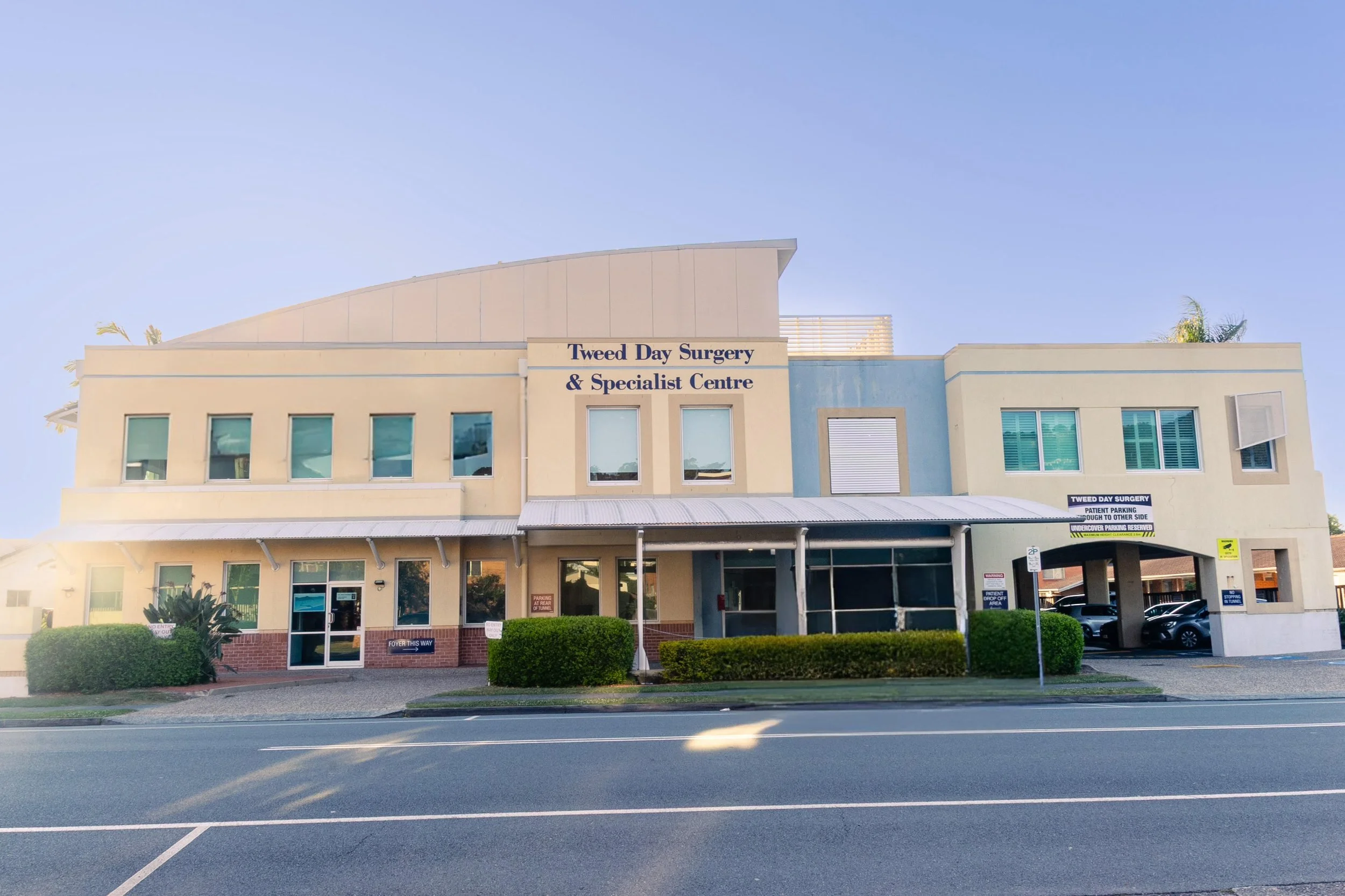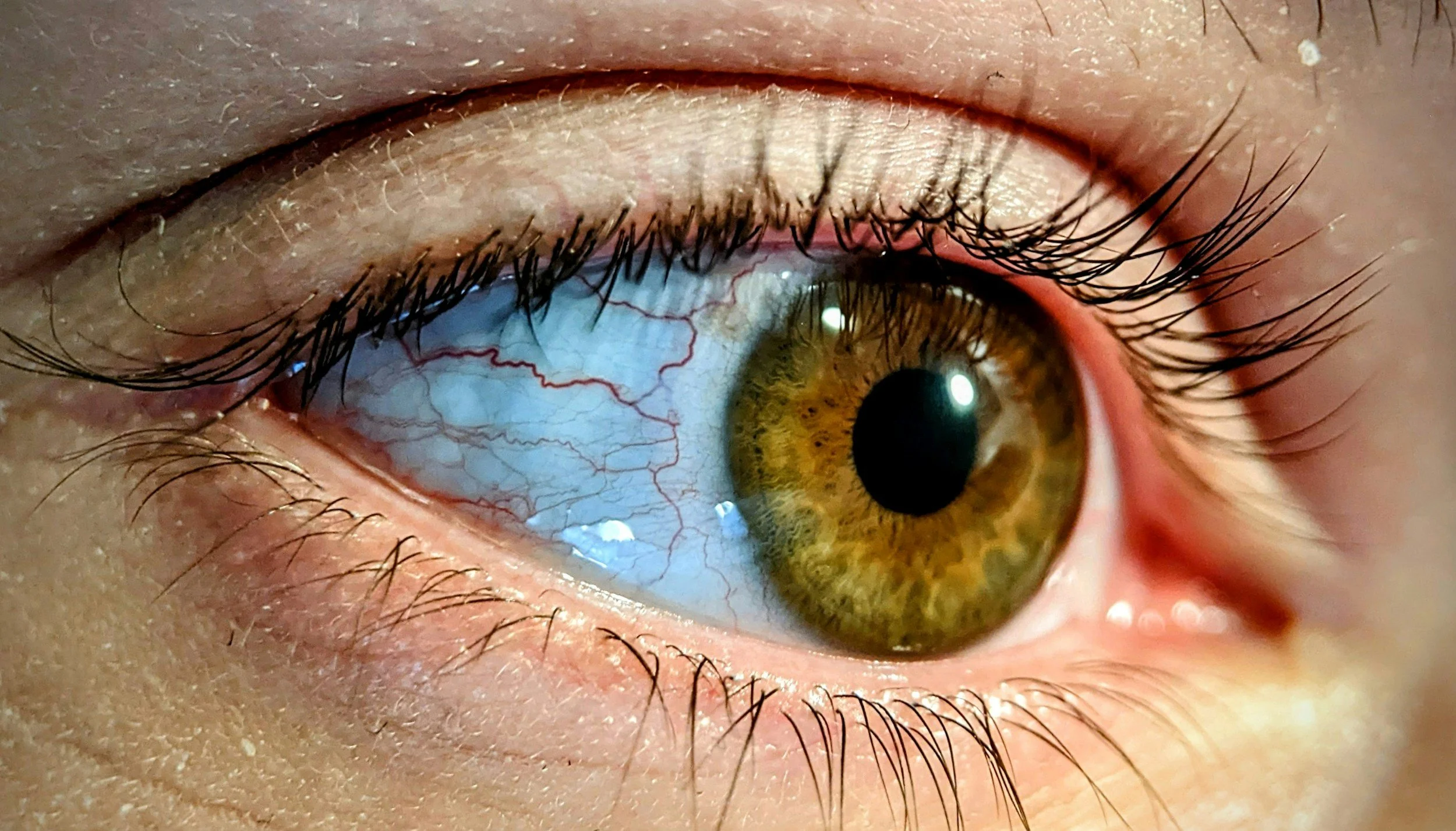
OPHTHALMOLOGY
Experts in Ophthalmology
Our experienced ophthalmologists are experts at diagnosing, treating and managing common and complex eye conditions. Our specialists use cutting-edge equipment and technology to deliver the best possible care for you.
When you choose Tweed Day Surgery, you’ll get access to minimal wait times for treatment, and can choose your own specialist ophthalmologist.
When should you see an ophthalmologist?
Seeing an ophthalmologist is essential when experiencing any of the following:
Persistent vision problems or sudden vision loss
Eye injuries or trauma
Symptoms such as eye pain, redness, or swelling
Trouble with night vision or sensitivity to light
Changes in peripheral vision or blurred vision
A history of eye conditions requiring specialist attention
Treatment
Cataract surgery
Corneal transplant
Glaucoma filtration
Lacrimal-endonasal and DCR
Ocular plastics and eye lid tumour surgery
Orbital biopsy/tumour excision and decompression
Eye Conditions
Cataracts: Clouding of the eye's natural lens, leading to blurry vision
Chalazion: A small, painless, non-contagious lump on the eyelid
Diabetic retinopathy: Eye damage resulting from diabetes, affecting the blood vessels in the retina
Eyelid and tear drainage issues
Glaucoma: Increased pressure in the eye causing potential damage to the optic nerve
Macular degeneration: Deterioration of the central part of the retina, affecting sharp and central vision
Ocular plastics and eye lid tumours
Orbital tumours, trauma and thyroid disease
Pterygium: A non-cancerous growth on the clear membrane covering the white of the eye endoscopy is a medical procedure where a slender camera is inserted into your body by a doctor. This enables them to examine your internal organs to diagnose and treat certain medical conditions.
Referrals
Referral needed. Talk to your GP or optometrist and ask them to refer you to one of our ophthalmologists today.



